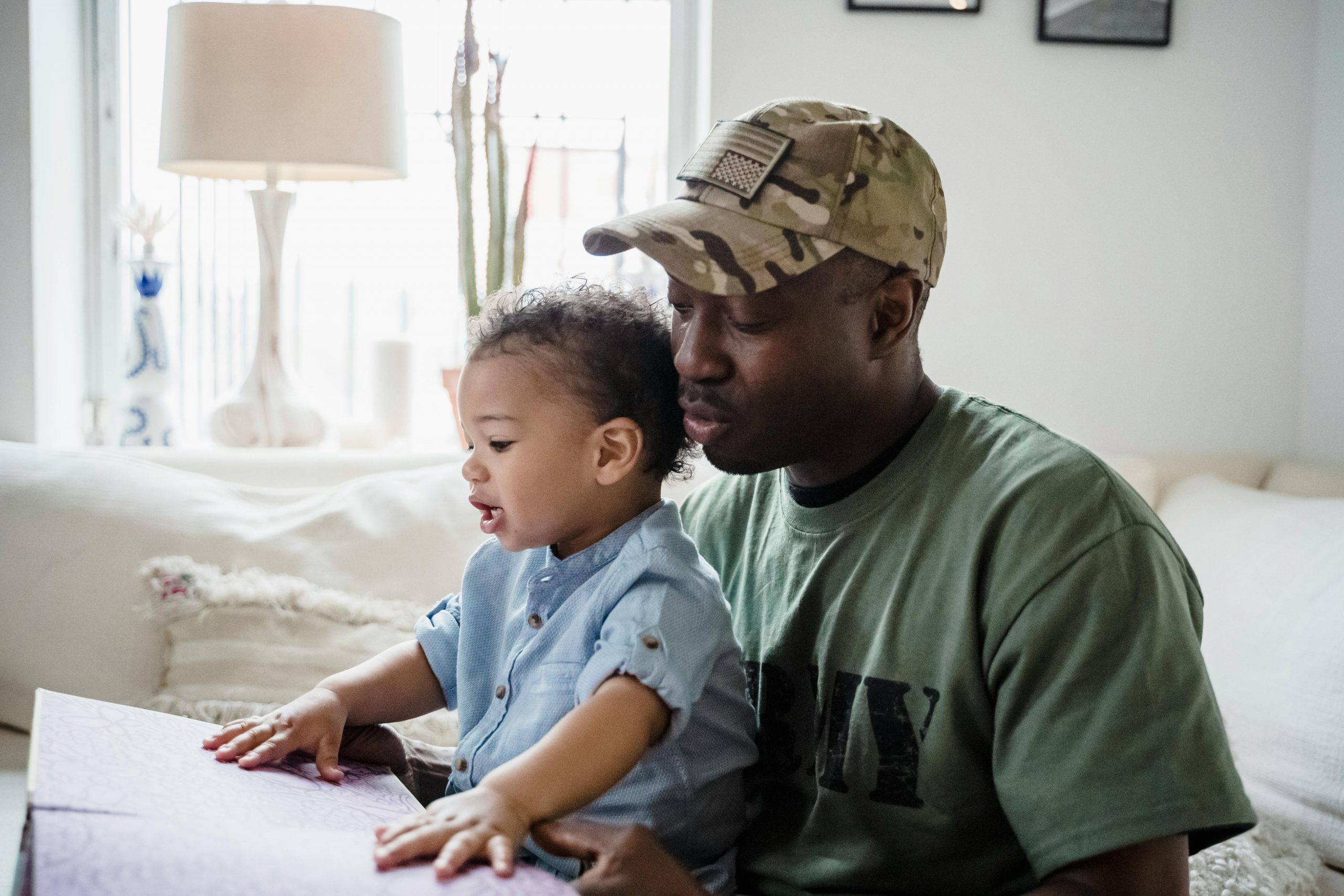
- By age two, most toddlers say around 50 to 100 words and start forming simple two-word phrases.
- It’s common for a 2-year-old to understand more than they can say—this is normal and not always a sign of delay.
- Parents should seek advice if a 2-year-old says fewer than 20 words, doesn’t imitate sounds, or struggles to follow simple directions.
- Hearing issues, limited interaction, or developmental differences are common causes of speech delays—but many children catch up with support.
- Speech therapy for toddlers focuses on playful, language-rich activities and teaches parents how to model communication at home.
- Early evaluation and intervention lead to faster progress and stronger language skills before preschool years.
- Consistent talking, reading, and interactive play at home are key to boosting vocabulary and building communication confidence.
Every parent looks forward to hearing their child’s first words. When those early milestones start to take shape, it’s exciting—but it can also be nerve-wracking if your child isn’t talking as much as other toddlers their age. You might be wondering: How many words should a 2-year-old know before I start to worry? Or even, When should I consider speech therapy?
This guide breaks down what’s typical for speech development at age two, how to recognize signs of a speech delay, and what to do if your child seems behind. The goal is to help you understand what’s normal, what might need attention, and how speech therapy can make a difference.
How Many Words Should a 2-Year-Old Know?
By age two, most children have a vocabulary of around 50 to 100 words and can start combining them into simple two-word phrases like “more juice,” “mama go,” or “bye-bye car.”
However, it’s important to remember that every child develops at their own pace. There’s a wide range of what’s considered “typical,” and small differences between children aren’t usually a cause for concern.
Here’s a general breakdown:
- 12–18 months: Uses 10–20 words; babbles frequently and imitates sounds.
- 18–24 months: Rapid vocabulary growth—may learn a new word almost every day.
- By 24 months: Can say at least 50 words and begin forming simple sentences.
- By 30 months (2.5 years): May have 200–300 words and longer phrases.
These milestones are just guidelines. What matters most is steady progress—your child should be learning new words regularly and showing interest in communication.
How to Tell If Your Child Understands More Than They Speak

It’s actually quite common for 2-year-olds to understand more words than they can say. Receptive language (understanding) often develops before expressive language (speaking).
If your child can follow simple instructions like “bring the ball” or “sit down,” but doesn’t talk much, it may not be a delay—it could just mean their verbal skills are still catching up.
Signs your child understands language well:
- Follows two-step directions (“get your shoes and come here”)
- Points to familiar people, animals, or objects when named
- Reacts to tone of voice (smiles when praised, looks guilty when scolded)
- Responds to their name consistently
- Shows understanding of daily routines (“bath time,” “bedtime,” etc.)
If comprehension seems strong but speech is limited, that’s often a reassuring sign. Still, it’s a good idea to keep observing and gently encourage talking through everyday interactions.
When Should You Worry About Speech Delay?
While variation is normal, there are certain red flags that suggest your child might need evaluation by a speech-language pathologist. Many parents worry about a 2 year old not talking but understands, wondering if that’s a speech delay or simply a temporary phase.
You might consider seeking help if your 2-year-old:
- Says fewer than 20 words
- Doesn’t try to imitate words or sounds
- Hasn’t started using two-word combinations by 30 months
- Doesn’t seem to understand simple instructions
- Rarely gestures (no pointing, waving, or nodding)
- Shows frustration when trying to communicate
- Doesn’t respond to sounds or their own name
If several of these apply, it doesn’t automatically mean something is wrong—but it does mean it’s worth checking in with your pediatrician or a licensed speech therapist.
What Are Common Reasons for Speech Delays?
Speech delays can have many causes, and in most cases, they’re not due to anything serious. Understanding possible factors can help you respond appropriately.
Common causes include:
- Hearing issues: Even mild hearing loss from ear infections can affect speech.
- Developmental differences: Some children are simply late talkers but catch up naturally.
- Environmental factors: Limited exposure to conversation or few opportunities to talk.
- Oral-motor issues: Difficulty coordinating tongue or lip movement.
- Neurological or genetic factors: Such as autism spectrum disorder or specific speech disorders.
In many cases, speech therapy for toddlers can identify the reason and provide strategies to close the gap.
How Speech Therapy Helps a 2-Year-Old Catch Up
Speech therapy is designed to support communication at every level—from understanding words to forming sentences. For a 2-year-old, therapy sessions often look like playtime—because play is how toddlers learn best.
A speech-language pathologist (SLP) will:
- Evaluate your child’s comprehension and speech skills
- Identify specific areas of need (sounds, vocabulary, sentence structure)
- Use play-based techniques like games, songs, and storytelling
- Teach parents how to model language during daily routines
Therapy is not just about talking—it’s about building confidence and connection through language. Many children show noticeable improvement within a few months of consistent sessions.
What Happens During a Speech Evaluation?
If you’re considering an evaluation, it helps to know what to expect.
During your first appointment, the SLP will:
- Ask about your child’s medical and developmental history (birth details, hearing, milestones).
- Observe play and interaction—how your child communicates wants or needs.
- Assess speech comprehension and expression through fun, age-appropriate tasks.
- Check articulation and oral-motor skills (mouth and tongue movement).
- Provide feedback and next steps—including whether therapy is needed or if “watchful waiting” is best.
You’ll leave the evaluation with a clearer picture of your child’s strengths and where they might need support.
What Parents Can Do at Home to Encourage Talking

Even before therapy begins, there are many simple ways to support your child’s speech development at home. Everyday activities offer great opportunities to build vocabulary and confidence.
Here are a few practical strategies:
- Talk throughout the day: Narrate what you’re doing—“Mommy’s cooking rice,” “We’re washing hands.”
- Repeat and expand: If your child says “car,” respond with “Yes, red car!”
- Read daily: Choose picture books with simple words and point as you read.
- Encourage choices: Ask, “Do you want milk or water?” to prompt a verbal response.
- Limit screen time: Real-life interactions build language better than passive listening.
- Sing songs and rhymes: Rhythm and repetition reinforce word learning.
- Celebrate effort: Praise attempts at speech, not just clear words.
Consistency matters more than perfection. Every little conversation adds up to big progress over time.
How to Track Your Toddler’s Language Progress
Keeping track of your child’s new words helps you notice patterns and improvement. You can:
- Keep a word list—write down each new word they say.
- Note two-word combinations (“my toy,” “go out,” “daddy home”).
- Record gestures and understanding, not just spoken words.
If progress slows down or stops for several months, that’s a sign to reach out to a professional.
What Role Does Hearing Play in Speech Development?
Hearing and speech are closely connected. A child who doesn’t hear words clearly can’t easily learn to say them.
Even temporary hearing issues—like frequent ear infections—can delay speech development. That’s why pediatricians often recommend a hearing test before diagnosing a speech delay.
If hearing loss is detected, early treatment (such as tubes for ear infections or hearing aids if needed) can dramatically improve speech progress.
How Early Is Too Early for Speech Therapy?
Parents sometimes worry that starting therapy too soon will “label” their child unnecessarily. In reality, there’s no downside to starting early if your child shows signs of delay.
Speech therapists adjust sessions based on your child’s age and developmental level. For a 2-year-old, therapy often looks like play, storytime, or singing—fun, interactive methods that feel natural.
The earlier speech therapy begins, the easier it is to strengthen language foundations before habits or frustrations set in.
What to Expect After Starting Speech Therapy
Once your child begins therapy, you’ll typically meet weekly or biweekly. Each session lasts about 30–45 minutes, depending on attention span.
You’ll notice gradual progress, such as:
- More attempts at words and sounds
- Better understanding of directions
- Use of short phrases
- Reduced frustration when communicating
Your SLP will give you “homework”—simple activities to practice language skills between sessions. These daily interactions make therapy even more effective.
When to Reevaluate or Increase Therapy Frequency
As your child grows, their needs might change. If progress slows down or plateaus, your SLP may suggest increasing session frequency or incorporating small-group therapy with peers.
Regular re-evaluations help track improvement and adjust goals as needed. Many children graduate from therapy by preschool or kindergarten, speaking at age-appropriate levels.
What If My Child Has Other Developmental Concerns?
Sometimes speech delays occur alongside other developmental differences—like social, motor, or learning challenges.
If your child isn’t making eye contact, rarely engages in pretend play, or shows limited interest in interaction, it’s worth discussing with your pediatrician. These signs don’t always mean autism or a disorder, but they do warrant a closer look.
Early multidisciplinary support—speech, occupational, and behavioral therapy—can set your child up for long-term success.
Final Thoughts: Every Child Finds Their Voice at Their Own Pace
Wondering how many words should a 2-year-old know before needing speech therapy is completely normal. While most toddlers speak around 50–100 words by age two, development varies widely.
If your child understands well but isn’t talking much, they may just be a late talker. But if words aren’t increasing, understanding seems limited, or frustration is high, speech therapy can be a helpful way to guide progress.
The key is not to wait too long—speech and language skills build rapidly between ages two and three. Whether it’s reassurance, early evaluation, or therapy, taking action now supports your child’s confidence and future communication success.
Remember: speech development isn’t a race. With support, patience, and plenty of conversation, your child will find their voice—one word at a time.



